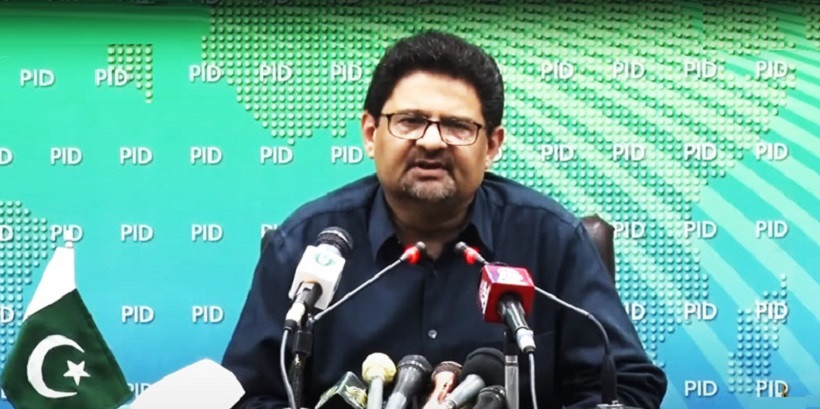
The Finance Minister, Miftah Ismail has announced cut in the fixed tax rate from Rs6,000 per month on non-filers to Rs3,000 on electricity bills and exempted consumers whose usage of power is 150 units or less.
The minister announced this decision in response to the protests by small retailers against fixed tax, introduced in Finance Act 2022.
To voice the concerns of small retailers, Chairman BMG, Zubair Motiwala and President Karachi Chamber of Commerce and Industry (KCCI), Muhammad Idrees called a meeting of business associations and held talks with the finance minister and FBR chairman through Zoom.
During the session, they expressed concerns over the high rate of taxes being charged through electricity bills. They argued that commercial consumers are already paying multiple taxes in their monthly electricity bills including fuel adjustment surcharge, electricity duty, income tax, general sales tax, extra GST, further GST besides electricity charges, and over and above a new fixed tax has been levied on all commercial consumers which is unjustified.
After taking the leadership of small shopkeepers on board, Zubair Motiwala and KCCI President, Muhammad Idrees urged the government to accept the genuine demands of small businessmen who are already struggling to make both ends meet and increase the suggested threshold of 150 units of electricity consumption from fixed tax regime and remove other taxes from the electricity bills.
General Secretary BMG and former president, KCCI, AQ Khalil stressed on removing other taxes and consider all NTN holders as filers under the fixed tax regime. The government is already charging hefty multiple taxes on electricity bills on commercial units.
Upon the demand of traders' associations, the finance minister promised to remove all the other taxes from the electricity bills once the fixed tax regime is activated to avoid double taxation. Only GST on electricity consumption will be applicable and at the year-end, they will be required to submit a document to intimate the tax authorities about the payment of taxes during the year.




1732184775-0/BeFunky-collage-(80)1732184775-0-165x106.webp)

1732176172-0/Untitled-design-(8)1732176172-0-270x192.webp)
1732175528-2/Untitled-design-(5)1732175528-2-270x192.webp)


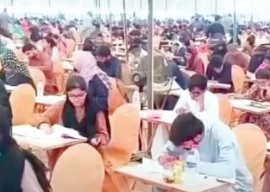
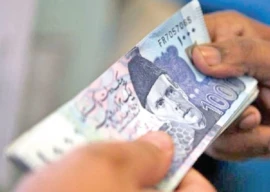

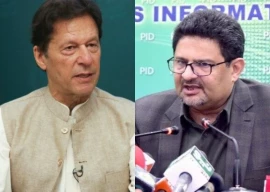
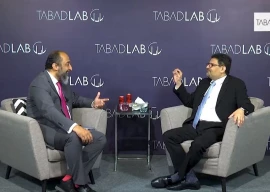






COMMENTS (1)
Comments are moderated and generally will be posted if they are on-topic and not abusive.
For more information, please see our Comments FAQ